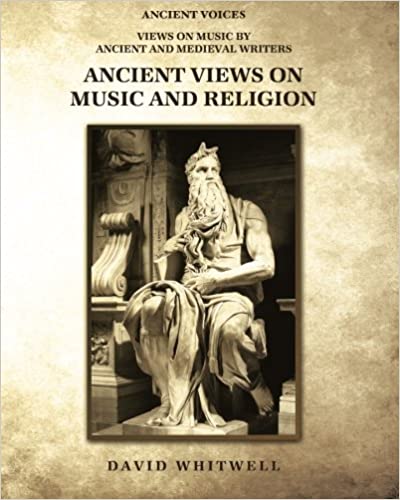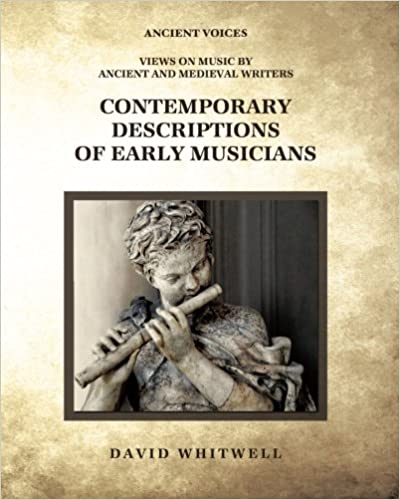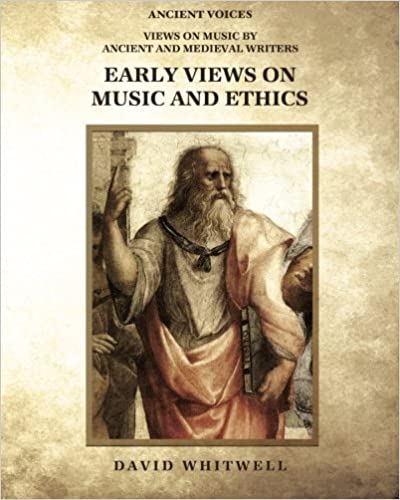Whitwell Publishing
Inspiring the world, one chapter at a time.
Whitwell Publishing is a family business in every sense of the word, founded by Dr. David Whitwell. The collection then grew with the addition of Giselle Whitwell's books and also features a set of Whitwell History books which tell the story of one of America's oldest families which has played an active civic, cultural and philanthropic role from the pre-revolutionary era through and including modern times.
The Philosophy of Music
Many of the books below David Whitwell grouped together under the name "Ancient Voices" -- but a better way to think of these books might be as an exploration of the philosophy of music. He explores ancient views on music and religion in one volume, then looks at how musicians were trying to integrate music with the changing views of the world around them in another. One volume looks specifically at the relationship of music and ethics. Lastly, there is an interesting story about a musician who invented a human language based on music. Last but not least, there is also a volume that looks at contemporary descriptions of early musicians (from which we can then glean insight into how music was perceived in the context of culture in a given period).
These are books that are not designed to be read in a hurry and will probably be most enjoyed over a glass of wine and the luxury of free time to then ponder some of the philosophical implications that arise in each of these books.
Ancient Views on Music and Religion
This volume is a compilation of original philosophic views on the relationship of music and religion as early history progressed towards more modern times, beginning with the strong association of music with religion. The early Christian Church rejected most of these early views but found it difficult to fashion a new dogma which accounted for the powers of music. ...
Length: 266 pages
Language: English
Publication Year: 2013
Ancient Views on the Natural World
This volume contains a fascinating collection of observations by ancient writers as they were attempting to understand Music in its relationship with the world around them. The book begins with a discussion of Pythagoras (570-495 BC) who perceived a kinship between Music and astronomy, mathematics and physical therapy. One also reads from remote times the question of whether musicians are born or made, whether music is genetic and if geography influences musical perspective.
Length: 204 pages
Language: English
Publication Year: 2013
Contemporary Descriptions
of Early Musicians
The first part of this volume presents first-hand accounts of ancient musicians, singers, instrumentalists, conductors, both men and women.The second part presents much background information on those wandering musicians of the late Middle Ages who formed a single musical language in Europe, the Jongleurs, Minstrels, Troubadours, Minnesingers and Goliards. ...
Length: 192 pages
Language: English
Publication Year: 2014
Early Views on Music and Ethics
Ethics, from the original Greek word, “ethos,” had to do with the character of a man. The first part of this book presents the arguments of the ancient philosophers who believed that Music education had the primary responsibility in developing character in children. The second part of this book considers “ethics” in the modern sense, in particular the question of the ethical responsibility of the artist toward the public.
Length: 156 pages
Language: English
Publication Year: 2014
La Téléphonie and the
Universal Musical Language
François Sudre was a nineteenth-century musician who invented something long dreamed of by philosophers: a language based on music. For several decades he successfully demonstrated his new musical language throughout Europe to astonished audiences. No one ever reported a case where this system failed to communicate a desired text, regardless of the original language. ...
Length: 86 pages
Language: English
Publication Year: 2012






